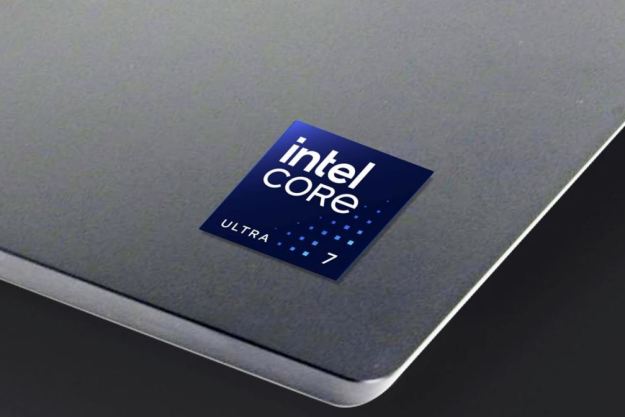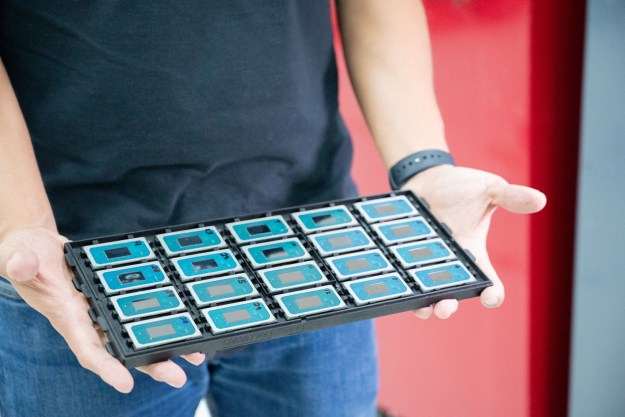
The story comes from statements made by Intel’s head of technology and manufacturing, William Holt. He didn’t mince words at the International Solid State Circuits Conference in San Francisco, stating”we’re going to see major transitions. The new technology will be fundamentally different.”
There are two reasons for a potential change in direction. The first is demand for smaller, more energy efficient products. Smartwatches started the trend towards microprocessors in smaller devices, but the Internet of Things is pushing it to even more extreme levels. Everything from lightbulbs to drones need microprocessors, and Intel is in a prime spot to lead that charge.
The other is out of a need to change up Intel’s manufacturing process and timeline. The Tick-Tock model, which traditionally alternated architecture redesigns and die shrinks, has fallen apart as of late. Each new die size now takes longer than the previous, with no signs it will pick back up again. In order to continue down the same path, the manufacturing process needs to change.
Which brings us to quantum mechanics. There are two possible methods Intel might consider for the next big step in processor technology. The first is tunneling transistors, which harness electron interference to provide more consistent signals at smaller sizes. The other is a technology called spintronics, which uses the position of an electron around an atom to capture a magnetic moment.
Neither technology is ready for mass production on the scale that Intel needs. Spintronics is the closer of the two, with the possible launch of a few proof of concept chips in the near future. Toshiba even created an SRAM chip based on the tech, but there’s a bit of a snag. Regardless of which of the two options Intel decides to pursue (likely both), the performance we’ll see from those new chips is likely to be slower than we’re used to seeing now.
Granted, the performance gains will return with time and development, and any chip that takes advantage of spintronics or tunneling will be largely focused on minuscule size and power usage. With the way the market is shifting away from personal computers towards mobile solutions, Intel is making sure to stay on the right side of the war.
Editors' Recommendations
- Intel is oddly enthusiastic about AI replacing everyone’s jobs
- Intel’s new CPU feature boosted my performance by 26% — but it still needs work
- What is Thunderbolt, and is it different from USB-C?
- Intel isn’t giving up on GPUs yet
- Intel is cooking up an exciting DLSS 3 rival


